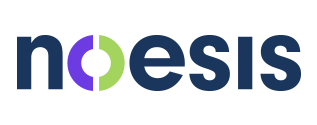For most of us, the word “brain” conjures up thoughts of science, thinking and intelligence, but how about socializing?
As is turns out, the brain loves being social. In fact, scientists refer to the brain as a social organ, meaning its number one priority is to keep us connected to and safe within our social group.
Makes sense, right?
Your brain’s ability to constantly monitor and pick up changes in our social environment is what kept our ancestors alive by detecting even the slightest social cues that meant we were about to be attacked or needed to work together to survive.
And while we’ve evolved from caves to condos, our brain remains highly attuned to threats. At work, these threats can take many different forms: a sharp tone in a meeting or receiving negative feedback.
When that happens, the ancient part of our brains – the limbic system, which processes our ‘fight or flight’ response when we feel threatened – kicks in.
Even the slightest disharmony in our social group, including those we work with, can trigger this limbic response. Interestingly, research shows that the brain treats relationship breakdown and physical pain such as a broken bone or tooth ache using the same circuitry. It’s no wonder performance reviews and re-org announcements create such wide-scale loss of productivity. Our brains can focus on little else when we feel pain.
Because the brain craves specific types of human interactions in the same way it prioritizes access to food, water and physical safety, the extent to which we’re able to satisfy these social needs determines how well we are able to focus, learn and be effective.
So while our modern-day brains may respond to threats the same way as our ancestor’s brains, what has changed over the millennia is our knowledge and understanding of how it functions. Keep that in mind the next time you ‘go limbic’ – your awareness is the first step to responding thoughtfully to the threat at hand.
Noesis delivers neuroleadership consulting and training to organizations handling everyday change and major transformation initiatives. We help our clients scientifically improve leadership.


Recent Comments